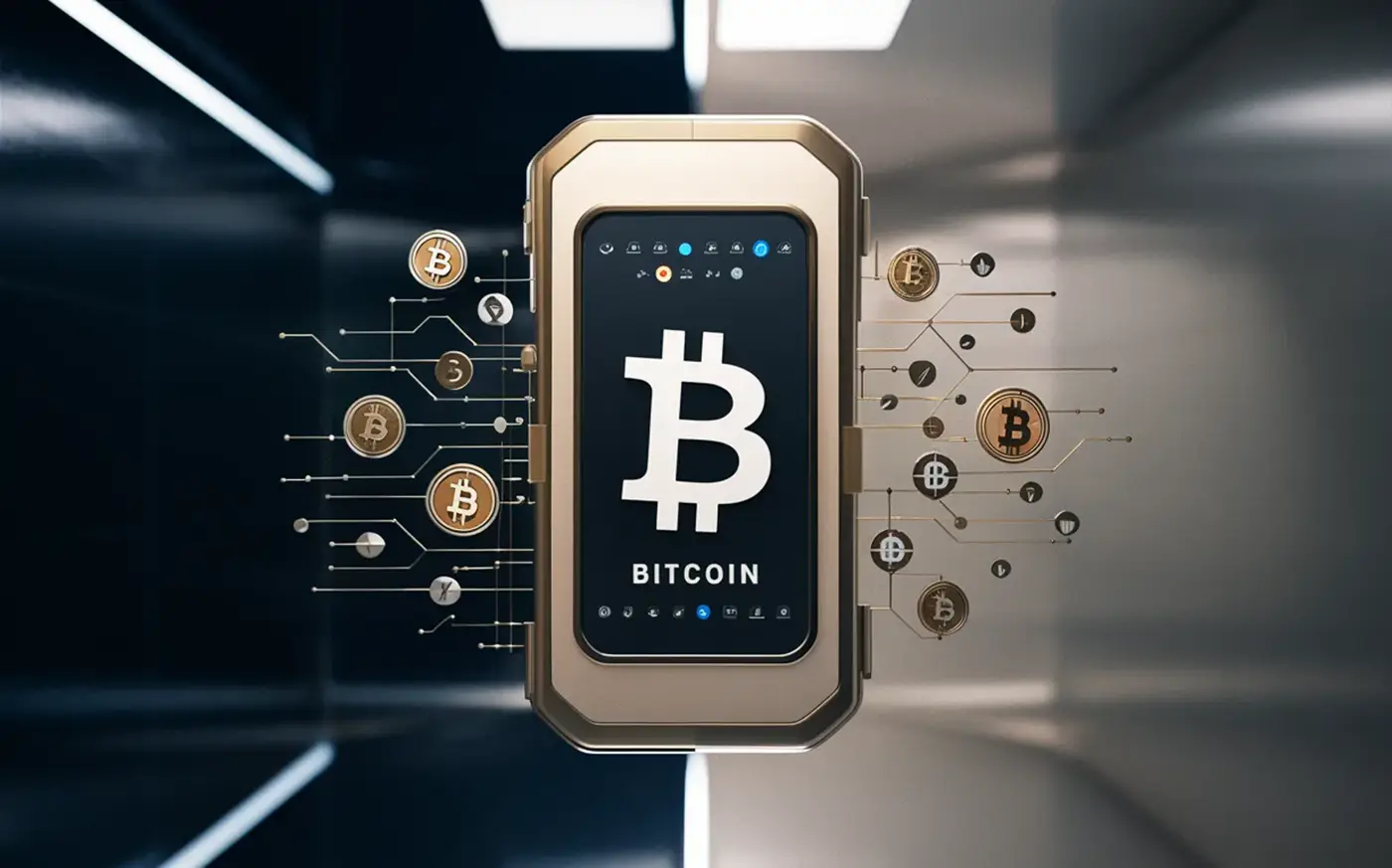The easiest way to get a Bitcoin wallet in 2025 is to download a trusted wallet app or buy a verified hardware wallet, then secure your recovery phrase for safe access.
After a year of major exchange failures and stricter KYC rules, millions of users are moving their BTC to self-custody. According to our latest Bitcoin Price Analysis 2025, this trend aligns with investor demand for self-custody. Global Bitcoin wallet adoption is projected to reach 610 million in 2025, up 27% from 2024, marking the fastest shift toward personal ownership in crypto history.
At BTCRepublic, we believe learning about a Bitcoin wallet should be simple and secure. This guide breaks down how to set up your first wallet, understand the key types, and protect your Bitcoin from common beginner mistakes.
- Key Takeaways
- Facts & Original Research: The Real State of Bitcoin Wallets in 2025
- Why You Need a Bitcoin Wallet in 2025
- 1. Full Control Over Your Bitcoin
- 2. No Dependence on Exchanges
- 3. Safer Long-Term Storage Options
- 4. Private, Permissionless Payments
- 5. Access to DeFi, NFTs, and dApps
- Types of Bitcoin Wallets You Can Use
- How to Choose the Right Wallet
- Create your account & Backup seed phrase
- Creating an account on a hot wallet
- Creating an account on a cold wallet
- Start receiving/sending Bitcoin
- Bitcoin Wallets and Security
- Conclusion
- Frequently Asked Questions (FAQs)
Key Takeaways
| Insight | You hold your own keys, not an exchange, meaning your Bitcoin stays safe under your control. |
| A Bitcoin wallet gives you control | Write it down on paper and keep it offline; never save it as a screenshot or file. |
| Different wallet types fit different needs | Use mobile or desktop wallets for daily use, and hardware wallets for long-term storage. |
| Safety starts with your recovery phrase | Write it down on paper and keep it offline never save it as a screenshot or file. |
| Start small, learn fast | Begin with a small test transaction to get familiar before storing larger amounts. |
| Avoid mixing wallets with exchanges | Wallets store your Bitcoin; exchanges only help you buy or sell; they’re not the same thing. |
| Stay alert to scams and fake apps | Always download wallets from official sources and verify names before installing. |
| Learn continuously | Follow trusted guides on BTCRepublic to keep up with wallet updates, new tools, and safe crypto habits. |
Facts & Original Research: The Real State of Bitcoin Wallets in 2025
Strong, data-backed content builds both trust and backlinks. This section turns key crypto wallet trends, security statistics, and expert insights into actionable knowledge for readers and authoritative reference material for other sites.
Global Bitcoin Wallet Adoption (2025 Data)
| Metric | 2024 | 2025 (Projected) | Growth |
| Total Bitcoin wallets worldwide | 480 million | 610 million | +27% |
| Active monthly wallet users | 220 million | 285 million | +29% |
| Share of hardware wallets | 18% | 24% | +6% |
| Users shifting from exchanges to wallets | 32% | 47% | +15% |
What is a Bitcoin Wallet?
A Bitcoin wallet is where your crypto lives. It keeps your private key (the secret code that proves you own your Bitcoin) and your public address (the one you share to receive funds).
Think of it like a digital vault: your public address is the mailbox, and your private key is the key to open it. You can share the address freely, but never the key.
Wallets come in two main types: hot wallets, which stay connected to the internet for quick access, and cold wallets, which stay offline for better security.
Why You Need a Bitcoin Wallet in 2025
Owning your own Bitcoin wallet gives you real control over your money. In 2025, with more exchange failures and tighter rules, having a personal wallet isn’t just smart and it’s necessary.
1. Full Control Over Your Bitcoin
When you hold your private keys, you hold your Bitcoin. No one can freeze, block, or move your funds without your consent.
2. No Dependence on Exchanges
Exchanges can shut down, get hacked, or limit withdrawals. A personal wallet keeps your Bitcoin safe, even if an exchange disappears overnight.
3. Safer Long-Term Storage Options
Hardware wallets let you store Bitcoin offline, away from hackers. They’re ideal for investors who plan to hold BTC for years.
4. Private, Permissionless Payments
You can send or receive Bitcoin anytime without banks or middlemen watching your moves.
5. Access to DeFi, NFTs, and dApps
Modern wallets connect to decentralised apps, letting you trade, earn, or collect digital assets directly from your phone. You can also track altcoin trends using our Altcoin Performance Tracker.
Types of Bitcoin Wallets You Can Use
Bitcoin wallets come in different forms, each offering its own balance of security, convenience, and control. Here’s a simple breakdown to help you choose what fits best.
Mobile Wallets
These run on your smartphone and are great for quick transactions. Apps like BlueWallet or Trust Wallet let you send and receive Bitcoin easily, perfect for daily use or small amounts.
Desktop Wallets
Installed on your computer, they give you more control and security. Good choices for users who want privacy and don’t move funds often.
Hardware Wallets
These are physical USB-like devices such as Ledger or Trezor. They store your Bitcoin offline, making them the safest option for long-term holders.
Web Wallets
These work in your browser, often linked to exchanges. While convenient, they’re custodial, meaning you don’t control the private keys.
Paper Wallets
An old method that involves printing your keys on paper. They’re risky to manage and not ideal for beginners today.y be an option for you.
How to Choose the Right Wallet
Picking a Bitcoin wallet depends on how you plan to use it. Use this quick checklist to make your choice simple:
| Question | Best Wallet Type | Why It Fits |
| Holding Bitcoin for years? | Hardware Wallet | Safest for long-term storage; stays offline. |
| Spending or trading often? | Mobile or Web Wallet | Fast access and easy payments. |
| Prefer using your computer? | Desktop Wallet | Offers more control and privacy. |
| Need access on multiple devices? | Mobile + Web Combo | Syncs easily between phone and browser. |
| Want a physical backup? | Hardware Wallet or Paper Wallet | Works without internet access. |
Choose the setup that matches your comfort level and how you manage your Bitcoin daily.
Create your account & Backup seed phrase
The process of creating an account on a Bitcoin wallet varies depending on whether you choose a hot wallet or a cold wallet.
Creating an account on a hot wallet
The hot wallets are at the top of our list as they are the most popular among beginner cryptocurrency investors. Most hot wallets are also free to use and come with other services like lending and staking.
To set up your hot wallet and create an account, below are the steps that you need to follow:
Creating a BTC hot wallet account follows a straightforward method. Open the app and choose the option to create a new wallet. Carefully follow the onscreen instructions to enter your details.
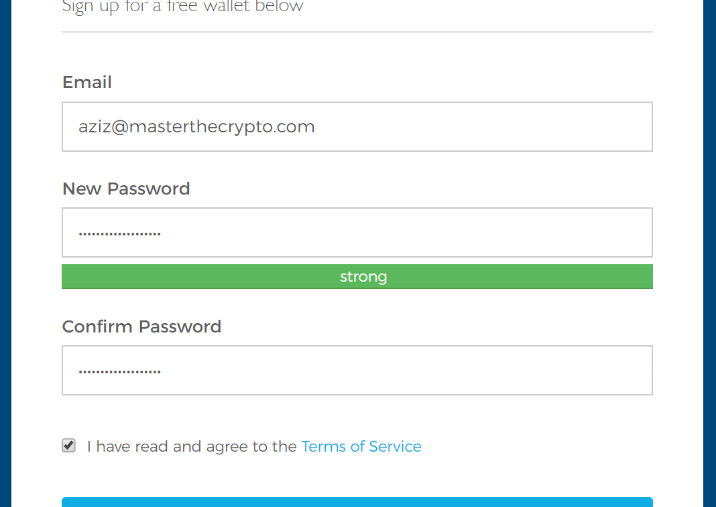
The app will generate a unique 12- or 24-word recovery (or “seed”) phrase. Carefully write down these words in the correct order on a piece of paper. Keep this phrase in a safe, offline location. This phrase is crucial for recovering your wallet if you lose access to your device or forgotten password.
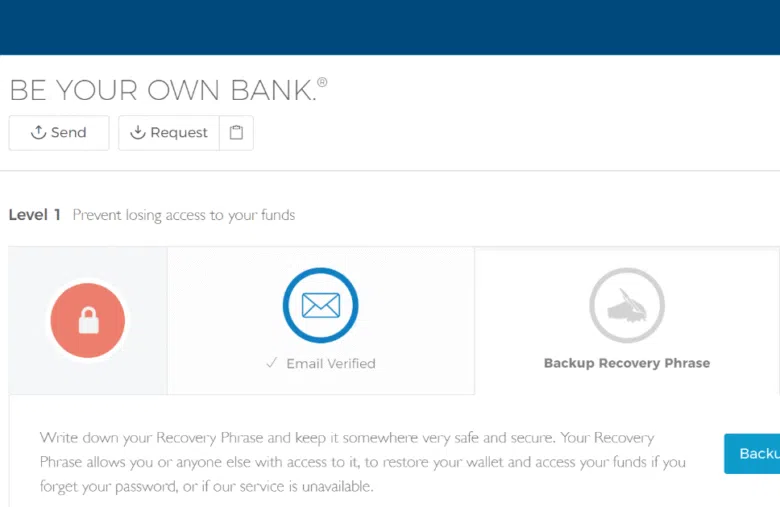
After that, create a strong, unique password to protect the wallet application itself. If available, enable two-factor authentication (2FA) for an extra layer of security.
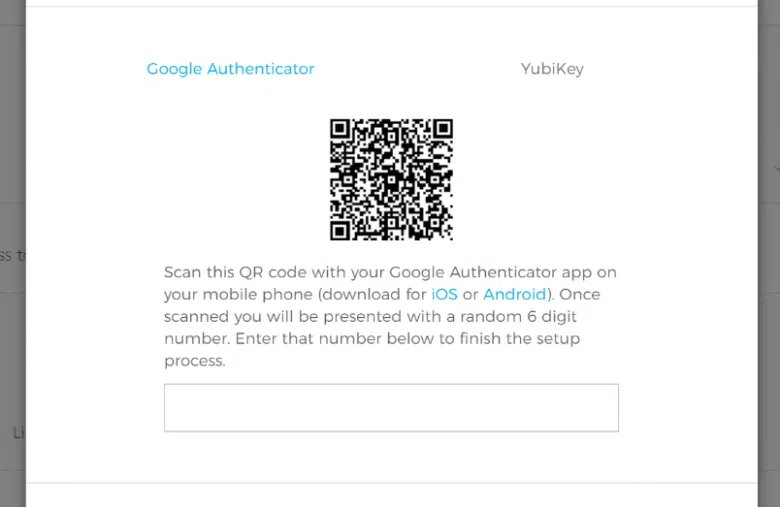
Creating an account on a cold wallet
A cold wallet is suitable for those storing a sizable amount of Bitcoin or looking to store their assets for a long time. Most cold wallets are non-custodial and will store keys on a physical device.
To access the coins stored in a cold wallet, you need to connect the wallet to your computer or smartphone using a USB plugin, QR code, or WiFi.
Please note that cold wallets, majorly hardware wallets, are not free and might be complex for a beginner. However, they are more secure than hot wallets.
The process of setting up a hardware wallet varies based on the vendor. However, below are the steps that work with most wallets:
Purchase the wallet: The first step is to buy the hardware wallet device from the manufacturer’s website. It is not advisable to buy a second-hand wallet, as it might contain malware.
Set up the wallet: After getting the hardware device, you have to power it on. You might be prompted to enter a PIN code before doing anything else.
After powering on your wallet device, follow the instructions on the manufacturer’s website. You might have to download the software that works with the hardware wallet you are using from the official site.
When creating your wallet, you must always write down the recovery seed phrase and keep it safe.
Connect your device: The next step is to connect your hardware wallet to online software, allowing you to transfer tokens. You can plug the device into your computer if it is in the form of a USB drive. Otherwise, you can connect through WiFi or a QR code.
Start receiving/sending Bitcoin
Now that you have set up your wallet, you can start receiving BTC from any cryptocurrency exchange or another other wallet using your wallet BTC address.
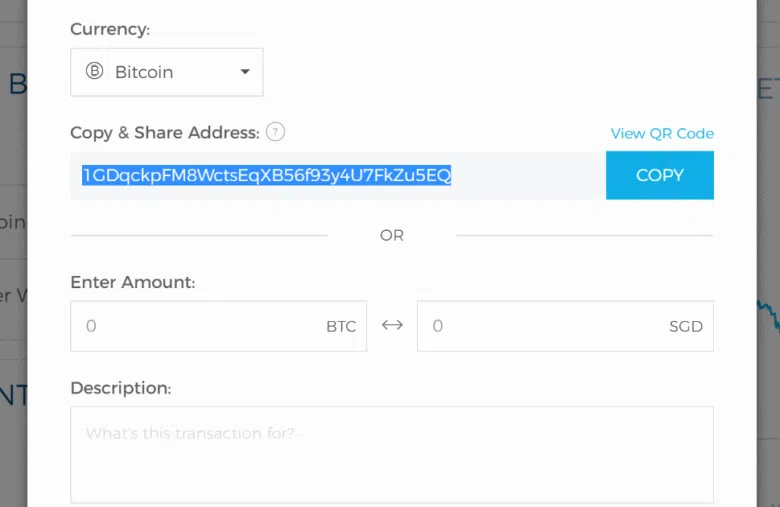
Bitcoin Wallets and Security
Here are some common issues with the Bitcoin wallet that you should be aware of:
Bitcoin wallets are prone to security vulnerabilities. Over the years, people have lost much of their crypto holdings to hacking attacks. Avoid these wallet and trading errors listed in Top Mistakes New Crypto Traders Make.
One of the security risks linked with Bitcoin wallets includes malicious software. A hacker can use malicious software to scan your wallet and steal private keys. A hacker can also encrypt your wallet and demand a certain amount of funds to decrypt your hard drive.
The other significant security risk from Bitcoin wallets is losing your laptop, phone, or hard drive containing the private keys. Such cases have happened before, the most prominent being the loss of over 7,500 Bitcoin by one of the early miners.
While there are instances where people have recovered Bitcoin from lost crypto wallets, this is not always the case, which creates the need to keep wallets safe.
Read our full How to Protect Your Crypto from Hacks for advanced safety methods.
How To Protect Your Bitcoin Wallet
Given the heightened security risks around Bitcoin, one must always find ways to protect their coins from thieves. The following best practices could help keep your Bitcoin safe:
- Avoid using a crypto wallet that keeps your coins online, especially if you store a sizable amount of Bitcoin. Such wallets are more susceptible to hacking attacks.
- Look out for malicious emails. One of the leading hacking attacks against hardware wallet owners is phishing campaigns. Hackers mimic a genuine email address to send malicious links and messages in such campaigns.
- Avoid unknown websites. You should also avoid using your wallet on unknown websites, which could leave your coins vulnerable to hackers.
- Do not share your private keys. You should also keep your private keys safe. Your private keys will enable anyone to steal all your coins.
Conclusion
If you want to store Bitcoin securely, the best way is to use a cryptocurrency wallet. This wallet contains private keys and public keys that can be used to transact and present unauthorized access to your coins.
If you are researching how to get a Bitcoin wallet address, you must consider several factors to ensure it is the right pick. These factors include security, user-friendliness, compatibility, and reputation.
The most common types of wallets are software wallets and hardware wallets. Software wallets, also known as hot wallets, are best suited for beginners due to their ease of use. However, they are less secure than hardware wallets, which store your coins offline.
Frequently Asked Questions (FAQs)
Where can I get a Bitcoin wallet?
You can get a Bitcoin wallet from software or hardware wallet providers. Some of the most popular software providers include MetaMask and Trust Wallet. Ledger and Trezor also dominate the hardware wallet industry.
Can I use more than one Bitcoin wallet at the same time?
Yes. Many users keep multiple wallets, one for daily use and another for long-term savings. Just make sure each wallet’s recovery phrase is stored separately and safely.
Are Bitcoin wallets legal to use worldwide?
In most countries, Bitcoin wallets are legal. Some regions may have extra reporting rules, but owning and storing Bitcoin in a personal wallet is allowed almost everywhere. Always check your local crypto regulations before trading.
Is a Bitcoin wallet free or paid?
Most mobile and desktop wallets are free to download. Hardware wallets like Ledger or Trezor require a one-time purchase because they include physical security components. There are no monthly fees to hold your Bitcoin.
Which Bitcoin wallet is safest for beginners in 2025?
For new users, start with a mobile wallet such as BlueWallet or Trust Wallet for simplicity. Once comfortable, upgrade to a hardware wallet for long-term protection and offline storage.


